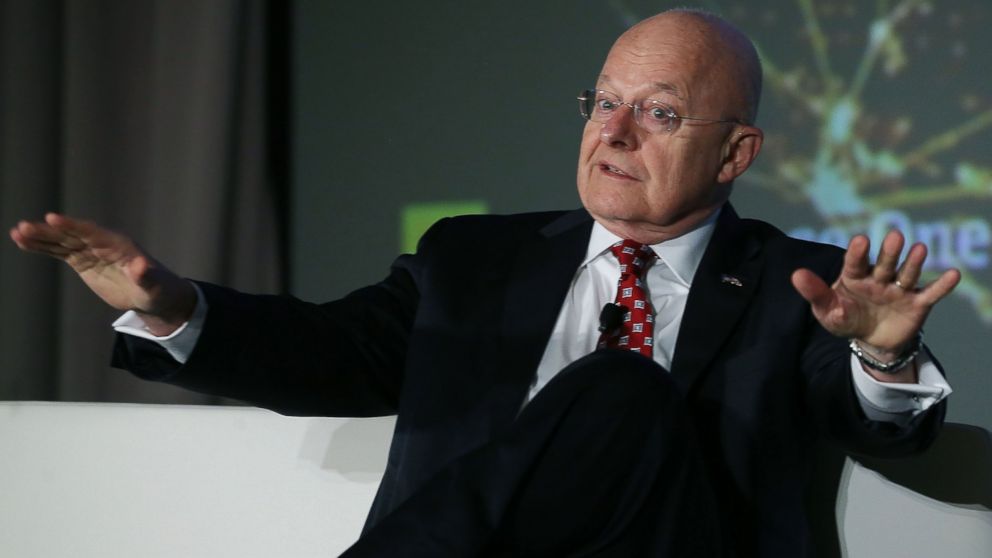Top Intel Official Tells Americans to End 'Hyperventilation' Over DNC Hack but Calls Breach Potentially 'Serious'
DNI James Clapper acknowledged that the breach is potentially serious.

— -- The nation's top intelligence official called the hacking of the Democratic National Committee to potentially influence the upcoming U.S. election "a serious proposition," but he urged an end to "the hyperventilation over this."
"Was this to just stir up trouble or was this ultimately to try to influence an election? Of course, that’s a serious -- a serious -- proposition," Director of National Intelligence James Clapper said at the annual Aspen Security Forum in Aspen, Colorado, today.
Not only did the hack apparently allow the cyber operatives to steal opposition research on Republican nominee Donald Trump, but many suspect it led to the theft of internal messages that show efforts by DNC officials to undermine Democratic candidate Bernie Sanders during the primary season. Those damaging emails have since been released by WikiLeaks, agitating Sanders supporters at the start of the Democratic convention in Philadelphia.
"We don't know enough [yet] to ... ascribe a motivation, regardless of who it may have been," Clapper said.
Clapper said the U.S. government is not "quite ready yet" to "make a public call" on who was behind the cyber assault, but he suggested one of "the usual suspects" is likely to blame. According to government sources, Russia is the most likely culprit.
Asked whether Russia might have intentions to undermine the U.S. political process, Clapper said Russian President Vladimir Putin is "paranoid" about the potential for revolutions in Russia, "and of course they see a U.S. conspiracy behind every bush, and ascribe far more impact than we’re actually guilty of."
"They believe we’re trying to influence political developments in Russia, we’re trying to affect change, and so their natural response is to retaliate and do unto us as they think we've done to them," he added.
In fact, according to Clapper, cyber warfare is not "terribly different than what went on during the heyday of the Cold War," just with different tools and "a different modality." And, he said, the U.S. intelligence community is now "at war" with Russia, conducting operations every hour of every day against Russia and other adversaries.
Nevertheless, Clapper said he's "taken aback a bit by ... the hyperventilation over" the hack of the DNC, adding in a sarcastic tone, "I'm shocked somebody did some hacking. That’s never happened before."
The American people "just need to accept" that cyber threats and computer-based attacks are a major long-term challenge facing the United States, and he said Americans should "not be quite so excitable when we have yet another instance of it."




